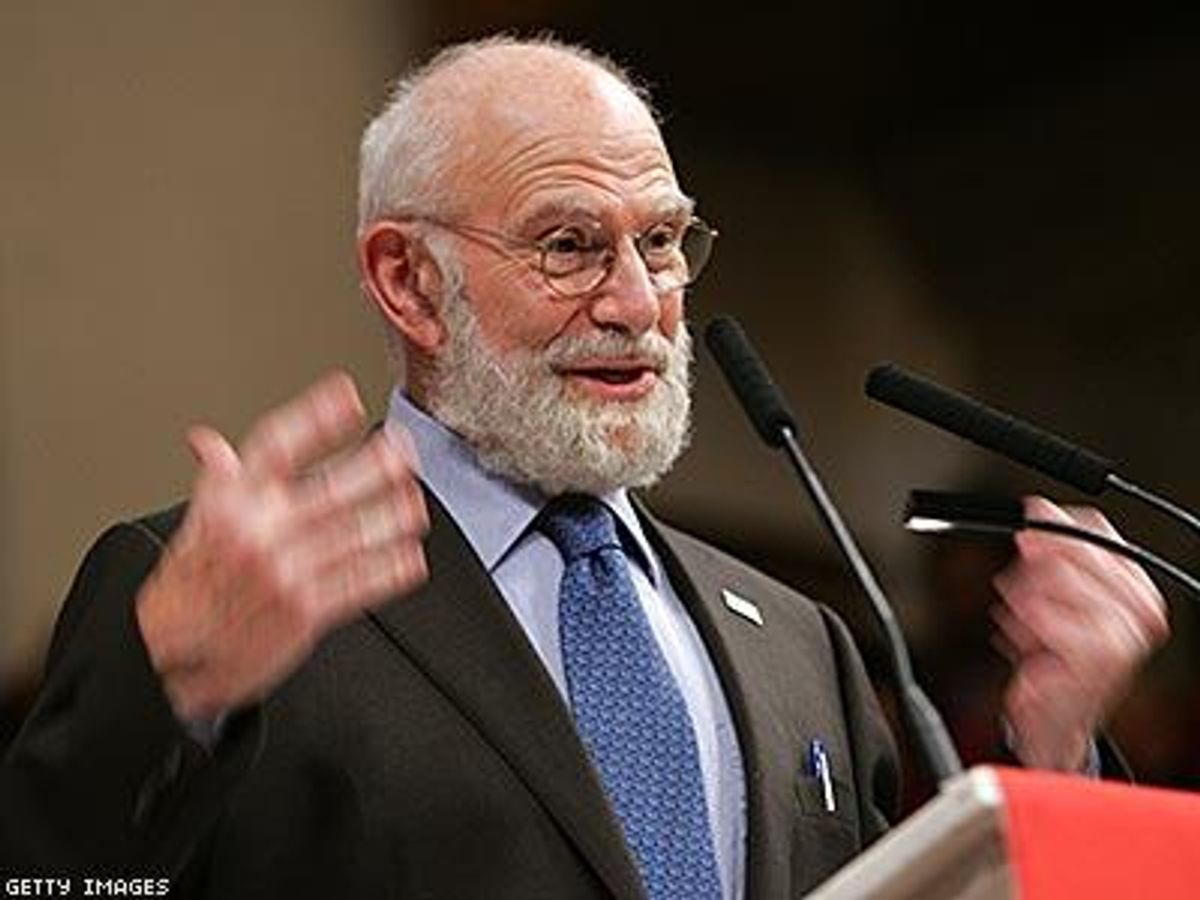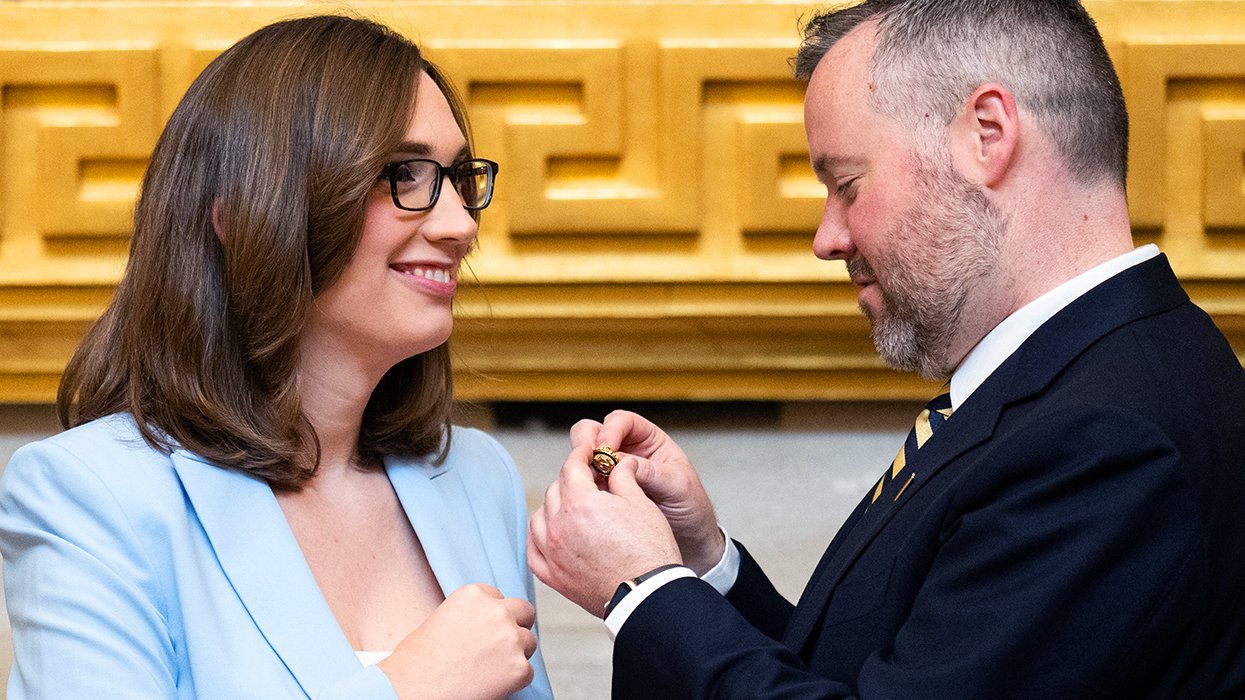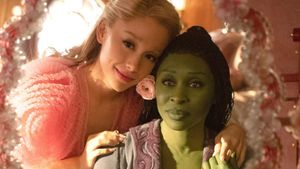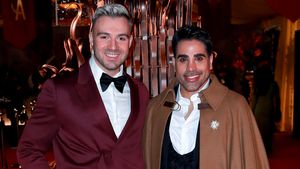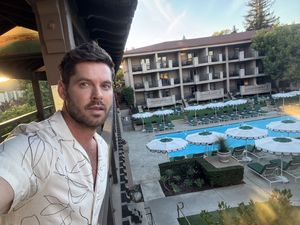Oliver Sacks, a neurologist who made his scientific speciality accessible in books including Awakenings and The Man Who Mistook His Wife for a Hat, then discussed his gay sexuality in the memoir On the Move: A Life, died of cancer Sunday at his home in Manhattan. He was 82.
Sacks "explored some of the brain's strangest pathways in best-selling case histories ... using his patients' disorders as starting points for eloquent meditations on consciousness and the human condition," The New York Times notes in its obituary.
These patients "included Madeleine J., a blind woman who perceived her hands only as useless 'lumps of dough'; Jimmie G., a submarine radio operator whose amnesia stranded him for more than three decades in 1945; and Dr. P. -- the man who mistook his wife for a hat -- whose brain lost the ability to decipher what his eyes were seeing," the Times reports.
Sacks was born in 1933 in London. He earned a medical degree at Queen's College of Oxford University, then came to the U.S. for an internship at Mount Zion Hospital in San Francisco and a residency at the University of California, Los Angeles. He eventually relocated to New York City, spending most of his life there.
He began his career as a neurologist at a Beth Abraham Hospital in the Bronx, where his experiences inspired his 1973 book Awakenings, which brought him his first measure of fame. Several patients there had been catatonic for years due to an unusual form of sleeping sickness. He treated them with a relatively new drug called L-dopa, which brought some back to an awareness of the world around them. It was adapted into a 1990 film starring Robin Williams as a character based somewhat on Sacks.
Another film, 2011's The Last Hippie, was drawn from one of the case studies in Sacks's An Anthropologist on Mars. And The Man Who Mistook His Wife for a Hat was adapted into an opera in 1988. Sacks's other books include The Mind's Eye, The Language of the Colorblind, Seeing Voices, and Musicophilia.
In On the Move, published this year, Sacks discussed his friendship with gay poet Thom Gunn and his adventures as a young man in California, which included a motorcycle trip with the Hell's Angels and setting a state weight-lifting record. He also wrote about his realization, in his youth, that he was gay, along with his early sexual flings, which were followed by 35 years of celibacy. But "he found love late in life," the Times obituary notes, with the writer Bill Hayes. They had been together for six years; Hayes survives.
In a 1989 interview on The MacNeil/Lehrer News Hour, Joanna Simon asked Sacks "how he would like to be remembered in 100 years," the Times reports. He responded, "I would like it to be thought that I had listened carefully to what patients and others have told me, that I've tried to imagine what it was like for them, and that I tried to convey this. And, to use a biblical term, bore witness."
